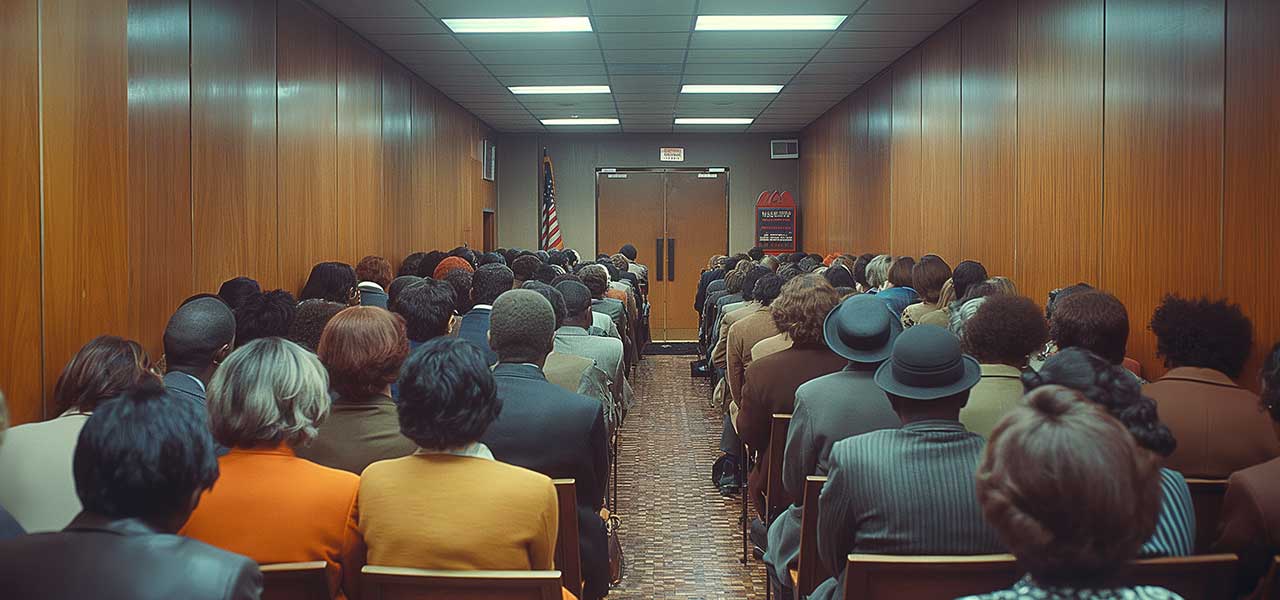The absurdity in airline customer service has reached a tipping point. First, there was the United leggings issue. Then there was the viral video of the involuntary removal of a United passenger by force. Next, there was the issue of the Delta passenger who was kicked off the plane for going to the bathroom before takeoff.
Customer service has deteriorated to the point that Congress is now holding hearings on the subject. To appease the general public, airlines are resorting to extreme measures. United settled the aforementioned claim for an undisclosed amount. Delta is authorizing up to $10,000for passengers to give up their seats.
How Much Should I Be Compensated?
Beyond these extreme payouts, the question that many passengers have is what legal protections do they have if they are involuntary bumped from a flight. Buried in the conditions of carriage are terms that outline exactly what an airline must do in order to comply with the Department of Transportation’s (DOT) regulations. It will come as a surprise to many there are guidelines for the amount of compensation that must be offered. It is not based on a passenger’s ability to negotiate.
Here is an excerpt from United Airlines:
For passengers traveling in interstate transportation between points within the United States, subject to the EXCEPTIONS in section d) below, UA shall pay compensation to Passengers denied boarding involuntarily from an Oversold Flight at the rate of 200% of the fare to the Passenger’s first Stopover or, if none, Destination, with a maximum of 675 USD if UA offers Alternate Transportation that, at the time the arrangement is made, is planned to arrive at the Passenger’s Destination or first Stopover more than one hour but less than two hours after the planned arrival time of the Passenger’s original flight. If UA offers Alternate Transportation that, at the time the arrangement is made, is planned to arrive at the Passenger’s Destination or first Stopover more than two hours after the planned arrival time of the Passenger’s original flight, UA shall pay compensation to Passengers denied boarding involuntarily from an Oversold Flight at the rate of 400% of the fare to the Passenger’s first Stopover or, if none, Destination with a maximum of 1350 USD.” See, 14 CFR 250.5 (Amount of denied boarding compensation for passengers denied boarding involuntarily); and United Contract of Carriage, Rule 25 Denied Boarding Compensation,
United Airlines
Translation:
United shall pay compensation up to $675 if a passenger is denied boarding involuntarily if you reach your destination more than one hour but less than two hours from your original arrival time. United shall pay up to $1350 if you arrive later than two hours from your original arrival time.
Do I Have a Choice Between a Voucher Or Cash?
Another interesting point and more useful one that is not disclosed by the airline is a passenger’s right to ask for cash, not a voucher, for being bumped involuntarily.
Here are United’s terms:
Payment Time and Form for Passengers Traveling Between Points within the United States or from the United States to a Foreign Point
- Compensation in the form of check will be made by UA on the day and at the place where the failure to provide confirmed reserved space occurs, and if accepted by the Passenger, the Passenger will provide a signed receipt to UA. However, when UA has arranged, for the Passenger’s convenience, Alternate Transportation that departs before the compensation to the Passenger under this provision can be prepared and given to the Passenger, the compensation shall be sent by mail or other means to the Passenger within 24 hours thereafter.
- UA may offer free or reduced rate air transportation in lieu of a check payment due under this Rule, if the value of the transportation credit offered is equal to or greater than the monetary compensation otherwise due and UA informs the Passenger of the amount and that the Passenger may decline the transportation benefit and receive the monetary compensation.
Translation:
United must write a check to the passenger on the day the incident occurred or no later than 24 hours after the incident occurred. More importantly, the passenger has the right to decline a voucher and insist on cash.
Are Airlines Complying with the Terms?
In the 1st quarter of 2016, over 9,000 passengers were denied boarding involuntarily. In the 2nd quarter of 2016, nearly 11,000 passengers were denied boarding involuntarily. In the 3rd quarter of 2016, nearly 12,000 passengers were denied boarding involuntarily. In the 4th quarter of 2016, nearly 9,000 passengers were denied boarding involuntarily. Curiously, only 7,023 of those in the 1st quarter received compensation, followed by 8,017 in the 2nd quarter, 8,743 in the 3rd, and 6,438 in the 4th. Beyond this disparity, the data does not reveal what amount each passenger received for being bumped involuntarily. It also does not reveal if the compensation was in the form of a voucher or as a cash payment. And it also does not detail whether the passenger was given the option to choose one over the other. (see Bureau of Transportation Statistics)
What Can I Do as a Passenger Going Forward?
As discussed, passengers have the right to be compensated per the conditions of carriage. This compensation can be in the form of a voucher or a cash payment. It is up to the passenger to decide how he or she is to be compensated. While it may be permissible for an airline to offer a higher amount as a voucher, the conditions of carriage clearly establish a minimum for a cash payout.
What Can I Do If I Was Denied Boarding Involuntarily And Not Compensated Correctly?
Law firm Lieff Cabraser is investigating widespread complaints from passengers who were involuntarily bumped from ticketed seats on flights by United Airlines, Delta Airlines, American Airlines, Southwest Airlines, or JetBlue Airlines. If you or a family member have been involuntarily bumped from a flight with United, Delta, American, Southwest, or JetBlue, you can contact attorney Douglas Cuthbertson at Lieff Cabraser at 888 321-1510 to learn more about your legal rights. You can also submit an inquiry through the law firm’s website via this link.






